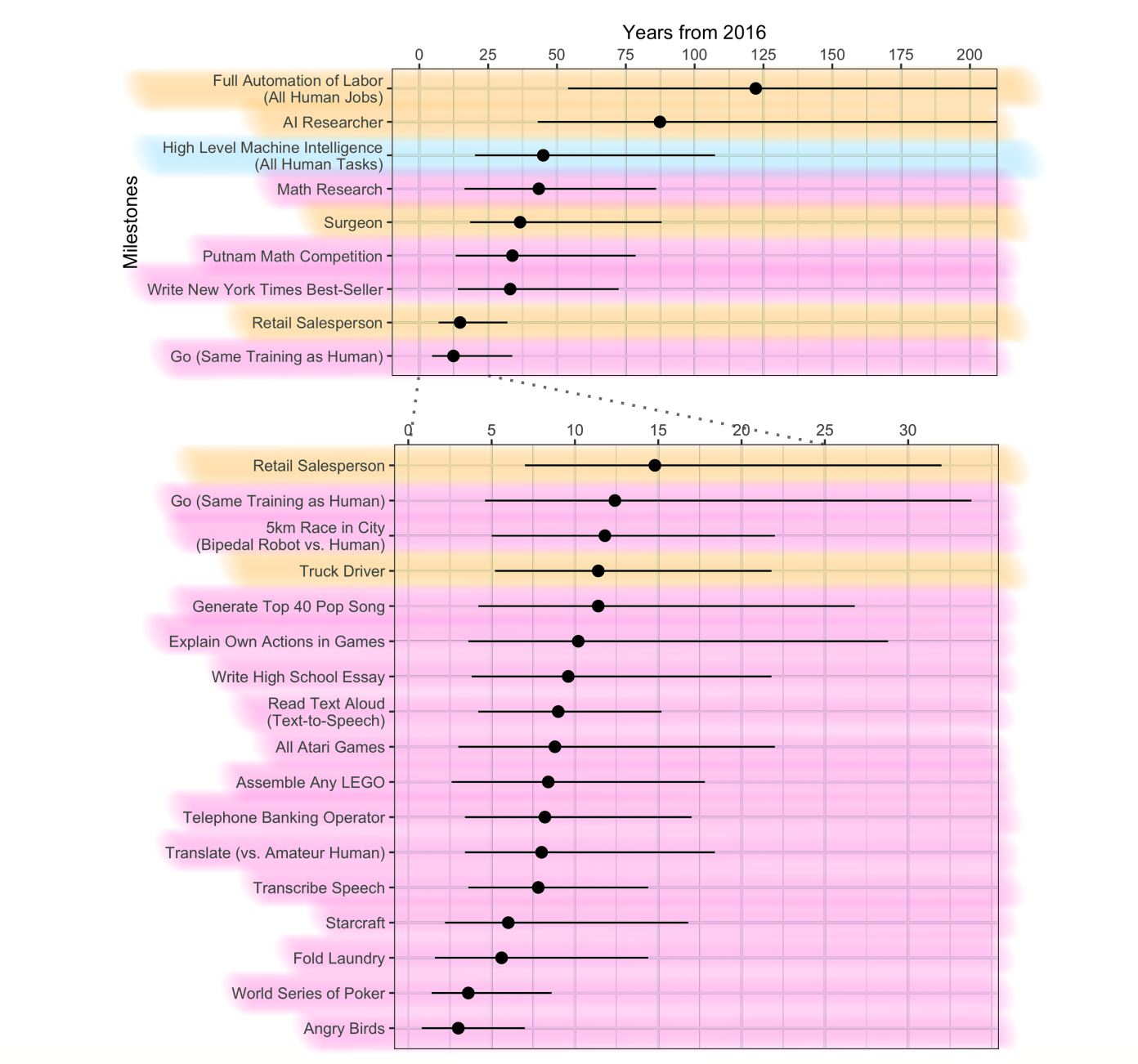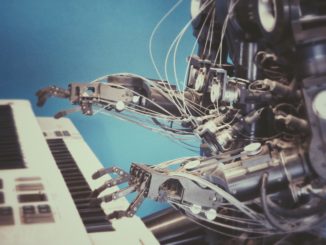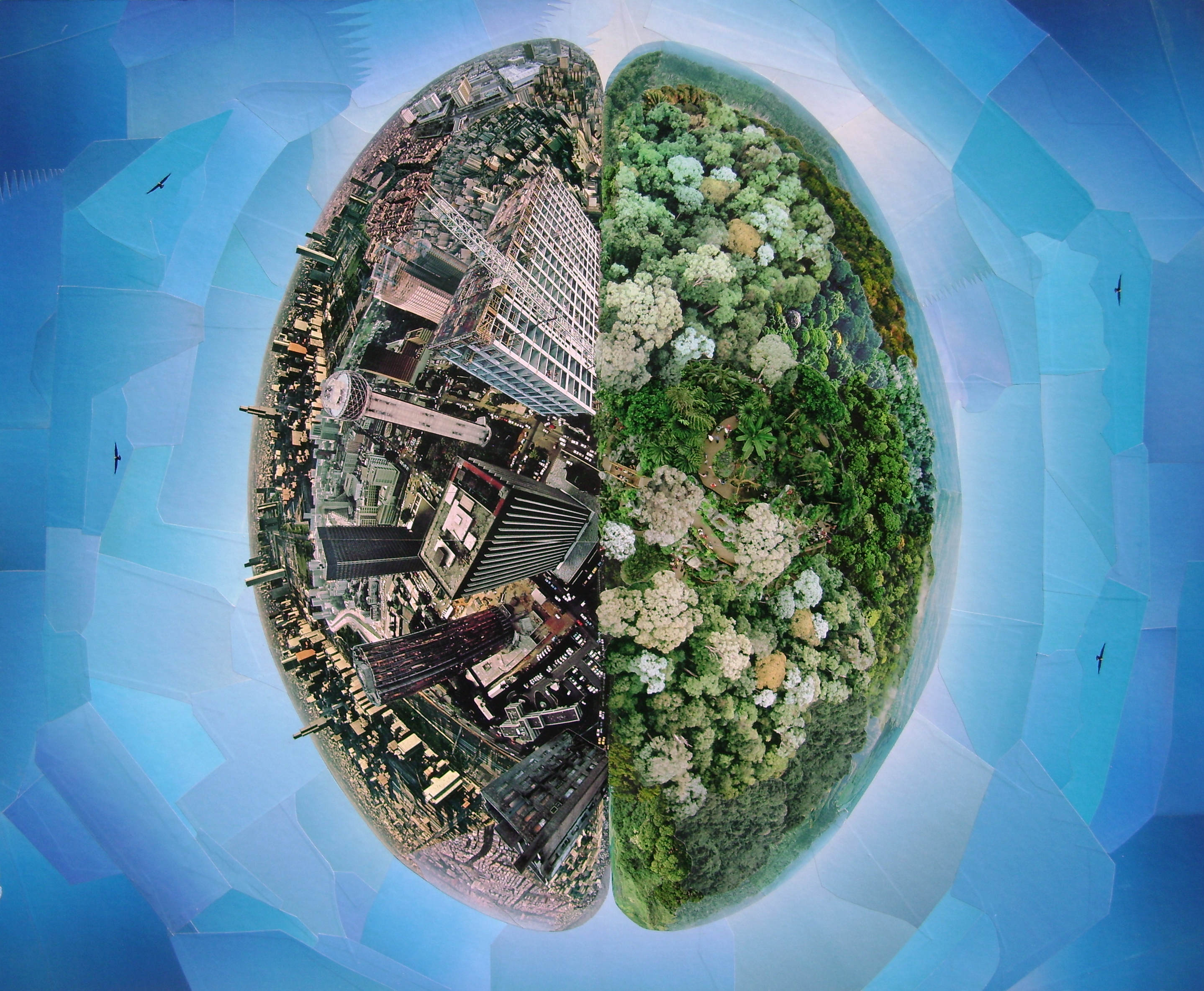
Search Results for human range

AI Timeline Surveys

Blog

Blog

AI Timeline Surveys

AI Timelines

Blog

Nature of AI
Sources of advantage for digital agents over biological agents
Artificial agents should have several advantages over humans. Details The following is an excerpt from Superintelligence (Bostrom, 2014), reproduced with permission. It outlines ten advantages Bostrom expects digital intelligences to have over human intelligences. Sources of advantage for digital intelligence Minor

Blog

Evaluation

Featured Articles